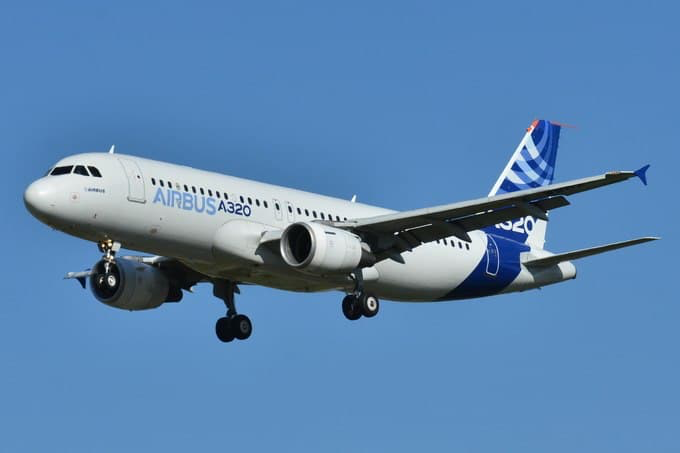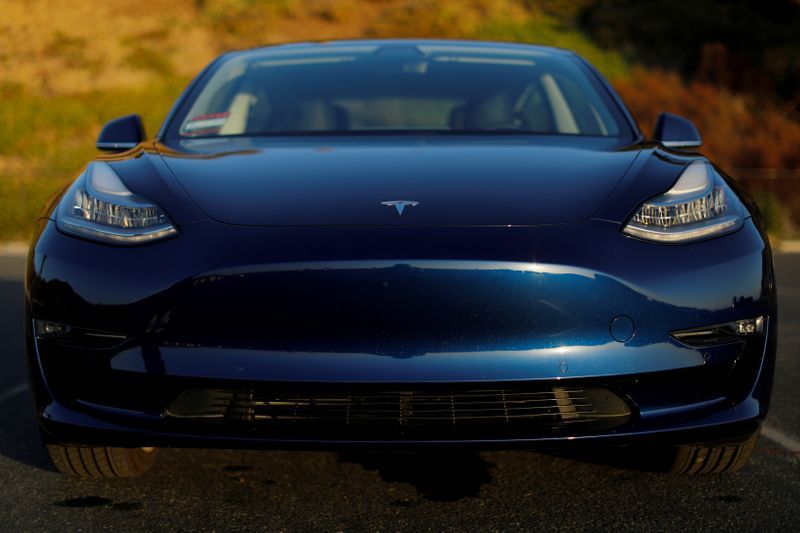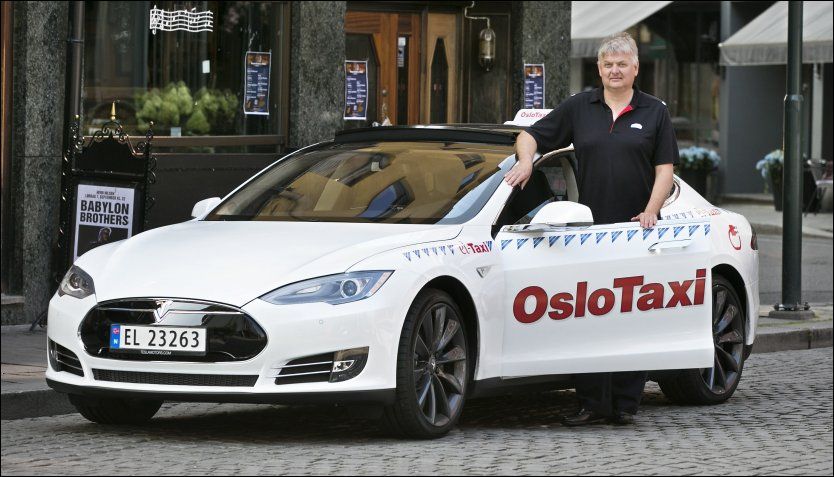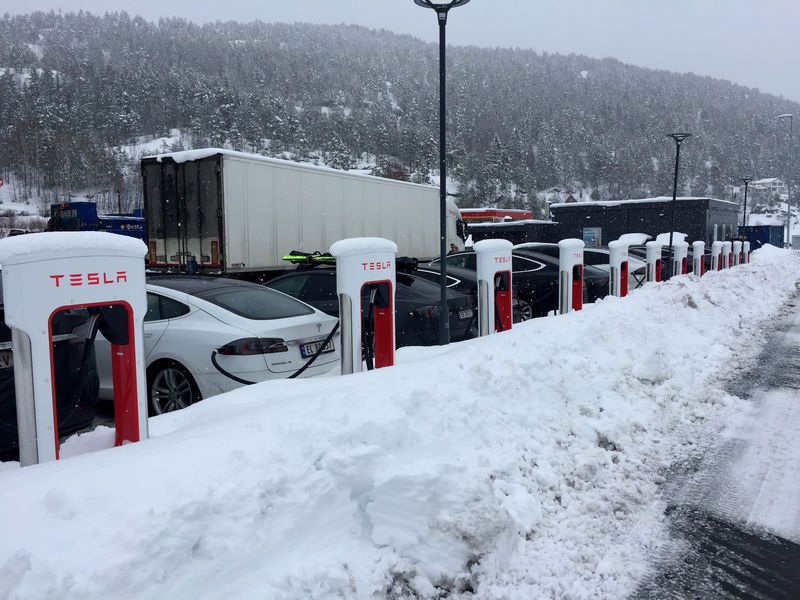Los Angeles, California, February, 2021 – Air Lease Corporation (NYSE: AL) announced today long-term lease placements for two used Airbus A320-200 aircraft with Qanot Sharq Airlines (Uzbekistan), scheduled to deliver this March. This will be the first two aircraft in the fleet of the Uzbek startup airline.
“ALC is pleased to announce this lease placement of two A320-200s with Qanot Sharq Airlines,” said AJ Abedin, Vice President, Marketing of Air Lease Corporation. “We have worked closely with the Qanot Sharq executive team and are thrilled to participate in the launch of the first Uzbek startup airline through the placement of their first two aircraft.”
“We are honored and excited to work with one of the largest aircraft leasing companies in the world to assist with the launch of our airline,” said Nosir Abdugafarov, owner of Qanot Sharq Airlines. “These two A320-200s are scheduled to deliver in March and will be the first two aircraft in Qanot Sharq’s fleet, ensuring the highest standard of safety and comfort for our passengers.”
Forward-Looking Statements
This press release contains forward-looking statements within the meaning of the Private Securities Litigation Reform Act of 1995, including expected delivery dates. Such statements are based on current expectations and projections about our future results, prospects and opportunities and are not guarantees of future performance. Such statements will not be updated unless required by law. Actual results and performance may differ materially from those expressed or forecasted in forward-looking statements due to a number of factors, including those discussed in our filings with the Securities and Exchange Commission.
About Qanot Sharq Airlines
Established as the first privately owned Airline in Uzbekistan, Qanot Sharq is led by a team of highly accomplished airline industry professionals with over 200 years of combined industry experience. The airline will operate from multiple regional airports in Uzbekistan, providing scheduled air service to international destinations such as Istanbul, Ankara (Turkey), Dubai (UAE), Jeddah, Medina (Saudi Arabia), Moscow, St. Petersburgh (Russian Federation) and Almaty (Kazakhstan).






